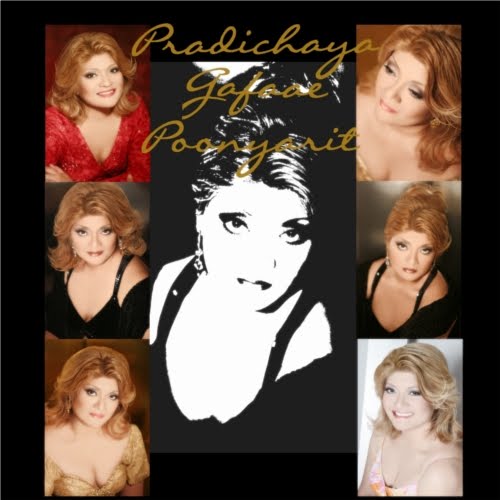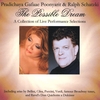On the one hand I suppose some really don't care- at a certain level people do things solely for themselves. Great art and artistry, though, should be shared, and most everyone in one way or another does seek some external validation of his work.
So what is an artist to do?
How does he show potential audiences that he is worthy of their attention?
The simple fact is that you must be in the public eye. Unfortunately, many feel that this is a Catch-22 of sorts: I'm not “out there” because no one knows me, and no one knows me because I'm not “out there.” If this is how you think, though, you're just being weeded out and those better suited to survival- those who take the initiative- will pass you by.
No one said an artist's job is easy. Unlike so many others his output is not easily quantifiable: there is no true and objective standard by which his work can be judged, and so often great performers are passed over for no apparent reason.
Who's the “better” violinist, Jascha Heifetz or Joshua Bell? Who's the “better” singer, Luciano Pavarotti or Franco Corelli?
In the business world, though, all that matters is the “bottom line.” Athletes, too, are evaluated objectively: a .300 batting average is better than .260, a birdie is better than a bogey, and if you score fifteen touchdowns in a season it's better than scoring only four. Of course, an athlete's worth is predicated on more than just statistics, but they nevertheless play a large part.
You want a doctor who saves a large percentage of his patients, an airline pilot who's never had a crash, a bank that pays more interest on your savings. These are all measurable facts and subject to inevitable, and often justifiable, comparisons.
Now, I suppose we can often come to a general consensus that a given artist is good or bad too, but even then it is difficult to explain exactly why. They certainly don't use the tool of objective comparison in highlighting their strengths. A singer doesn't say, “I crack a smaller percentage of my high Cs than 90% of all working tenors,” and a cellist doesn't say “My tone is 55% fuller than 98% of all working cellists today.” Even if these statistics were somehow available and accurate it probably wouldn't even matter: we don't value our art and artists this way. Artists are really at the mercy of the subjectivity of their own endeavors.
What this means is that, as an artist, you can't rely on your ability alone to carry you out to the world: you have to advertise yourself in as many positive ways as possible.
 True Artists Video Art Design
True Artists Video Art Designhttp://www.la-coffee-melodie-suite.com/true.html
-------------------------------------------------------------------------------------------------
About the author: Ralph Schatzki has been a lawyer and a teacher but always remains an opera singer, husband and father. He tries to sing whenever he can and to promote great music and singing throughout our world.
http://www.ralphschatzki.com
http://www.la-coffee-melodie-suite.com
















































